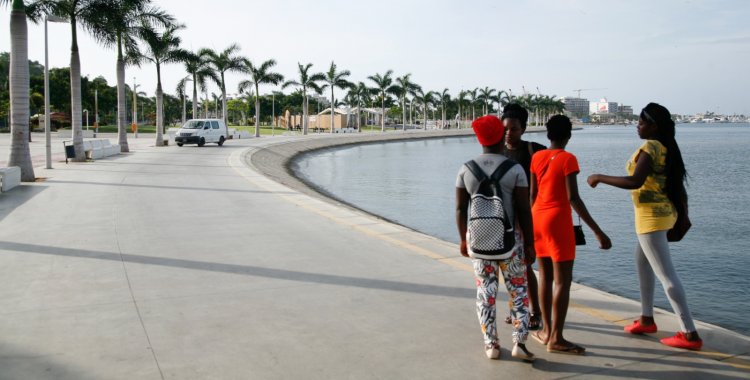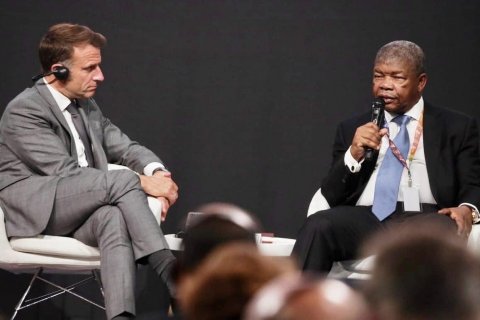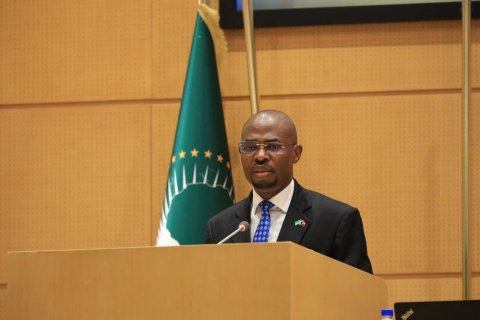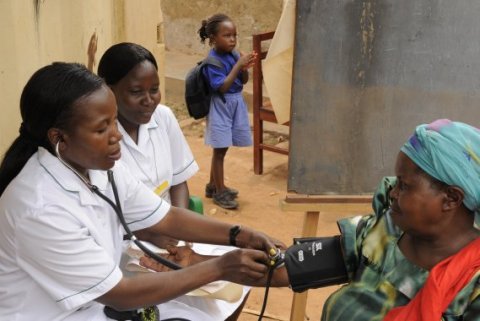"The General State Budget 2021 is, at this point in time, a conservative planning exercise, even more so than in other years, since it assumes a Brent price significantly lower than the average of market forecasts (-28 per cent), and furthermore lower than the average in 2020 (43 dollars)", one reads in an analysis of the document.
In the analysis, sent to clients and to which Lusa had access, BFA's economists write that "in practice, the Executive is planning for a relatively negative scenario in the market, where demand for oil is even lower than in 2020".
This, they point out, "seems an unlikely scenario, but it is understandable that the Ministry of Finance wants to keep expectations rather moderate after a very difficult year, and public finances are still in a fragile situation.
To illustrate the conservatism of the forecasts for this year, BFA points to the estimate of a negative budget balance, as was the case last year, and the forecast of a primary balance, that is, before interest payments, which is the lowest since 2017.
"The behaviour of the global economy and the oil market leads us to believe that the Government will collect a much larger amount of oil tax revenues; without a change in the level of expenditure, this and other smaller factors would lead to a new positive budget balance (1.7 percent of GDP), and a primary balance around 7.6 percent of GDP, close to the 2018 maximum", point out the analysts, noting that the Budget "confirms the renewed intention of the Executive to continue with the budgetary consolidation, which remains important".
On the other hand, according to analysts, "the most worrying sign regarding spending comes from the large increase in spending on goods and services, but which comes after several years of very significant reduction in this component.
Despite the increase, BFA "expects the Executive to keep spending on this component at a controlled level, which will probably be possible with better hiring, more efficiently and more cheaply, with greater use of competitive procedures for purchasing processes.
For BFA, if the additional revenue comes close to the forecast, "it would be possible to meet the annual non-oil primary deficit target (6 percent of GDP) and raise investment spending, which is budgeted at only 3.6 percent of GDP, the minimum level since at least 2010".
In this scenario, analysts add, "raising public investment to around 4.8 percent of GDP - the average level between 2015 and 2020 - the non-oil primary deficit would be around 6.0 percent of GDP and there would still be a slightly positive fiscal balance (0.4 percent of GDP) and a primary balance close to that of 2019, at 6.3 percent of GDP.
The Executive led by João Lourenço "may prefer to use any slack that exists to repay public debt in advance, but it would probably be quite positive for the economy to be able to count on a larger volume of public investment than expected," conclude the analysts.
The Budget for 2021 has fixed revenues and projected expenditures of 14.7 billion kwanzas, a document prepared with a reference price of $39 per barrel of oil, indicating an increase of 9.9 percent over the revised budget in force.







